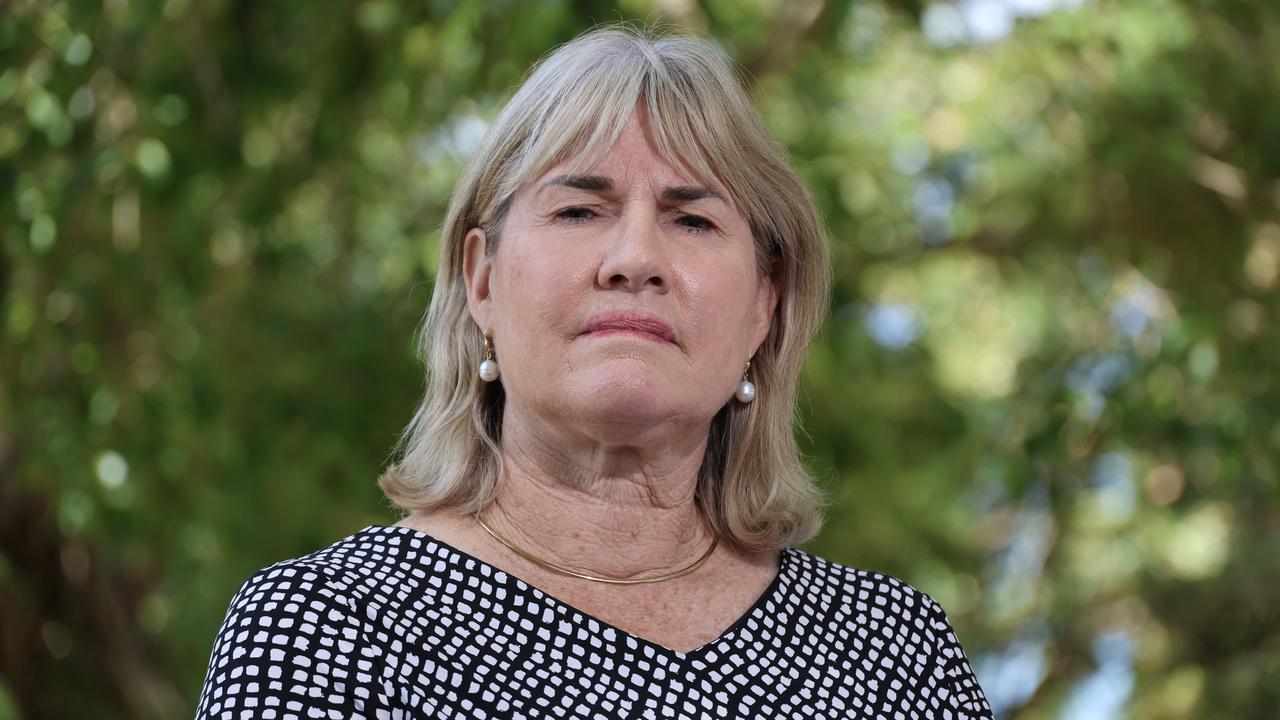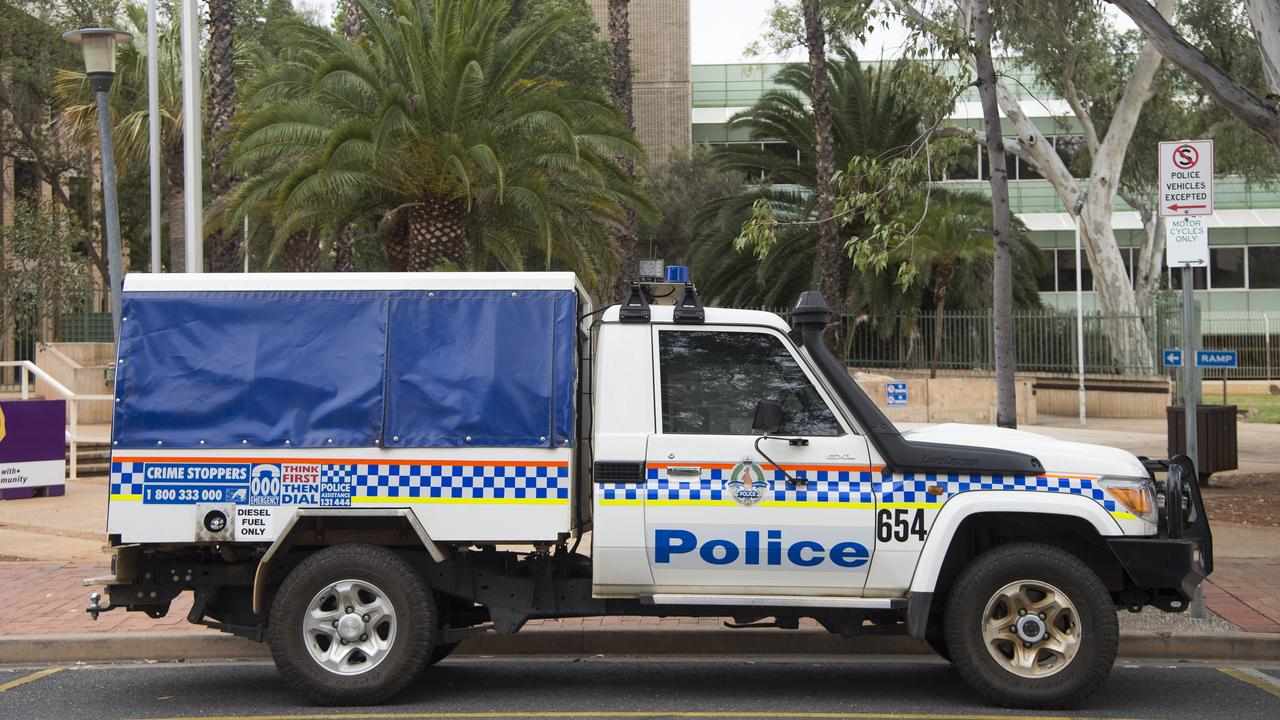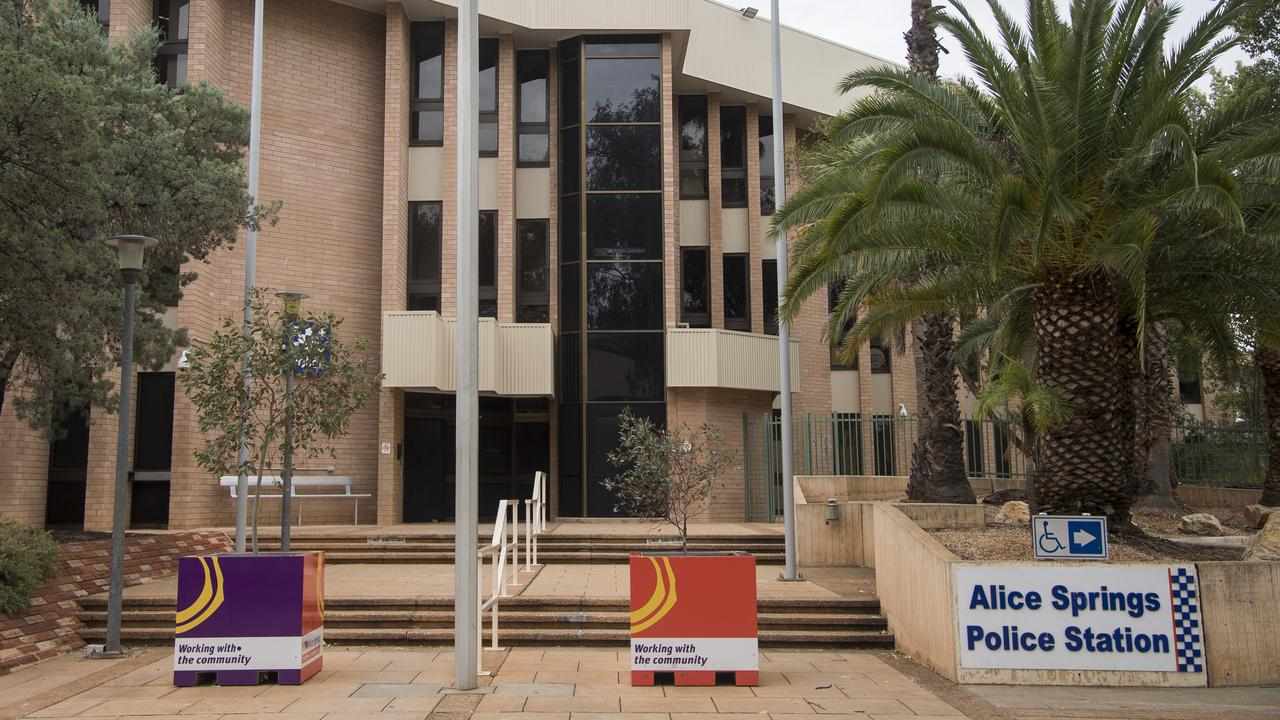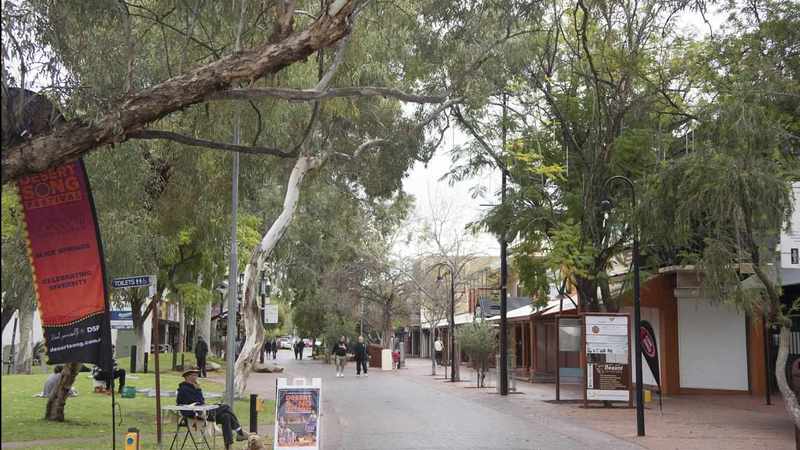A ban on children entering the Alice Springs CBD will be extended beyond the school holidays due to concerns easing restrictions could lead to a flare-up in violence.
A two-week youth curfew was imposed on March 27 when the Northern Territory government declared an emergency in response to escalating violence in the red centre.
The declaration bans people under the age of 18 from entering the town centre without a valid reason between 6pm and 6am.

Initially due to end on Wednesday, NT Chief Minister Eva Lawler announced the curfew would continue into the following week.
Ms Lawler said the curfew, intended as a circuit breaker, had been a great success.
"The conversations on the ground from Alice Springs residents is this has been the best thing that has happened to Alice Springs," she told reporters on Tuesday.
Police Commissioner Michael Murphy said officers had noticed a decrease in crime in the CBD since the curfew was introduced.
"The main thing we've seen is really the absence of youth coming in and showcasing their criminal behaviour in the CBD and really decreasing the risk to them and their harmful behaviours," he said.
"But what's been different on this occasion is the follow-up by Territory Families in the following days.
"The families are actually asking for help about how they can better manage their children and then that leads to pathways for education, schooling and the like."

Ms Lawler and Mr Murphy met with the Territory Emergency Management Council and local stakeholders on Monday to discuss how the town would transition out of curfew.
Ms Lawler said the overarching response from the summit was the need for the curfew to remain in place until school holidays ended.
School holidays tend to see an influx of young people into Alice from surrounding communities.
The curfew's extension was met with concern from the North Australian Aboriginal Justice Agency, an Indigenous legal advocacy group.
"We need evidence-based solutions with an eye on the longer term - intensive support programs, diversion, education, and related services - not knee-jerk reactions and Band-Aid policies," the agency said in a statement.
The initial 14-day curfew was imposed as part of an emergency declaration to quell a surge of violence in the desert town.
Rising tensions were inflamed by the death of an 18-year-old in a car crash in early-March, triggering clashes between rival families that culminated in an attack at the Todd Tavern.
Officers made several arrests and seized more than 50 weapons, including spears, axes and clubs.
Ms Lawler called an emergency declaration the next day, imposing the curfew and deploying extra police officers to the town.
South Australian police officers were also deployed to support their NT counterparts.

No arrests have been made yet concerning the curfew, with officers moving youths on or driving them back to their homes.
The NT opposition called on the government to extend the curfew until the end of April and give police more power to hold parents accountable.
"The curfew can’t just be a drop-off service, forcing our police to run around in circles," shadow treasurer Bill Yan said.
"It has to be a curfew with consequences."
The extension came as the government released a review into the NT police force that called for increased resourcing, organisational restructuring and better support for frontline officers.
The government accepted 15 of the 18 recommendations but rejected calls to pull police liquor license inspectors from bottle shops.









